Unveiling the Mystery: What is a Shutout in Baseball?
What is a Shutout in Baseball? Have you ever watched a baseball game and heard the term “shutout” thrown around? If you’re unfamiliar with baseball jargon, it might sound like something you’d hear in a casino game. But fear not, dear baseball lover, because we’re about to unravel the mystery of what exactly a shutout in baseball entails.
Introduction
Picture this: It’s the bottom of the ninth inning, the tension is palpable, and the score is tied. The pitcher winds up, delivers a fastball, and strikes out the final batter. The crowd cheers as the announcer declares, “And that’s a shutout!” But what does that mean exactly?
Let’s dive in and explore the world of shutouts in baseball.

What Defines a Shutout?
A shutout in baseball occurs when a single pitcher, or a combination of pitchers, successfully prevents the opposing team from scoring any runs throughout the game. It’s the ultimate display of pitching prowess and defensive mastery.
How is a Shutout Achieved?
A shutout requires impeccable pitching skills, strategic play-calling, and flawless execution. The pitcher must consistently throw strikes, vary their pitches effectively, and keep the opposing batters off balance. Additionally, strong defensive support from the rest of the team is crucial in maintaining the shutout.
Celebrating the Pitcher’s Feat
When a pitcher completes a shutout, it’s a cause for celebration for the pitchers, their teammates, and fans. It’s a testament to their talent and determination on the mound, and it often earns them accolades and recognition within the baseball community.
Shutouts: A Team Effort
While the pitcher may be the show’s star during a shutout, it’s important to recognize that achieving a shutout is a team effort. Strong defensive plays, timely hitting, and effective coaching all play a role in securing victory without allowing the opposing team to score.
The Impact of Shutouts
Shutouts can profoundly impact a game’s outcome and the momentum of an entire season. They secure a win for the team and boost morale and confidence, setting the stage for future success on the field.
Shutouts in Baseball History
Throughout baseball history, countless memorable shutout performances have etched themselves into the annals of the sport. From legendary pitchers like Sandy Koufax to modern-day stars like Clayton Kershaw, shutouts captivate fans and inspire awe.
Shutouts vs. No-Hitters
While shutouts and no-hitters may seem similar, they are distinct achievements in baseball. A shutout prevents the opposing team from scoring runs, whereas a no-hitter prevents the opposing team from recording hits. While both are impressive feats, they require different approaches and skills from the pitcher.
Mastering the Little League Pitcher Mound
Common Misconceptions
Despite its straightforward definition, there are some common misconceptions surrounding shutouts in baseball. One of the most prevalent is the belief that shutouts are solely the result of exceptional pitching.
While pitching certainly plays a significant role, strong defensive play, and effective teamwork are equally important in achieving a shutout.
Conclusion
In conclusion, What is a Shutout in Baseball? is a remarkable achievement that showcases the pitcher’s skill, teamwork, and determination. It’s a testament to the sport’s beauty and the competition’s thrill.
So the next time you hear the announcer proclaim, “That’s a shutout,” you’ll know exactly what it means and why it’s cause for celebration.
11. FAQs
Q1. What is the significance of a shutout in baseball?
A shutout in baseball signifies that the opposing team could not score any runs throughout the game, showcasing the pitcher’s dominance and the team’s defensive prowess.
How rare are shutouts in baseball?
While shutouts are not as common as once, they occur regularly throughout baseball, particularly among elite pitchers and strong defensive teams.
Q3. Can a shutout occur in extra innings?
Yes, a shutout can occur in extra innings if the opposing team fails to score any runs, regardless of the number of innings played.
Q4. Are there different types of shutouts?
While the basic definition of a shutout remains the same, there are variations such as complete-game shutouts (where a single pitcher completes the entire game) and combined shutouts (where multiple pitchers contribute to the shutout).
Q5. What is the record for most shutouts in a single season?
The record for most shutouts in a single season is held by Pete Alexander, who recorded 16 shutouts during the 1916 season, a feat that still stands as a testament to his pitching prowess.

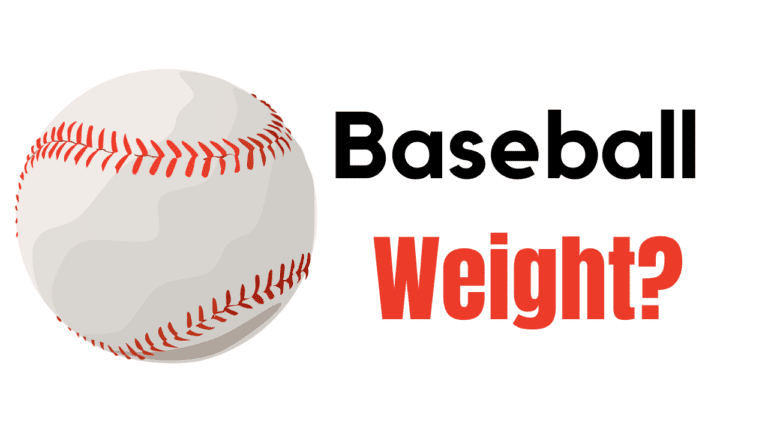

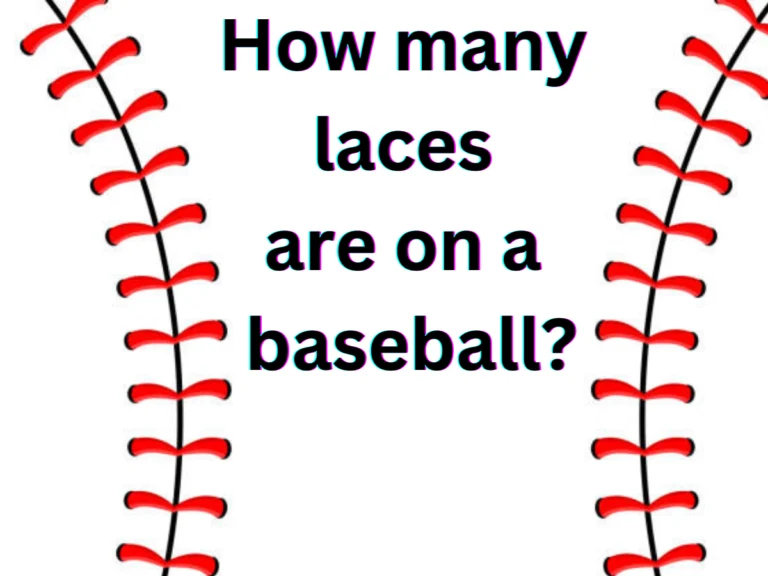
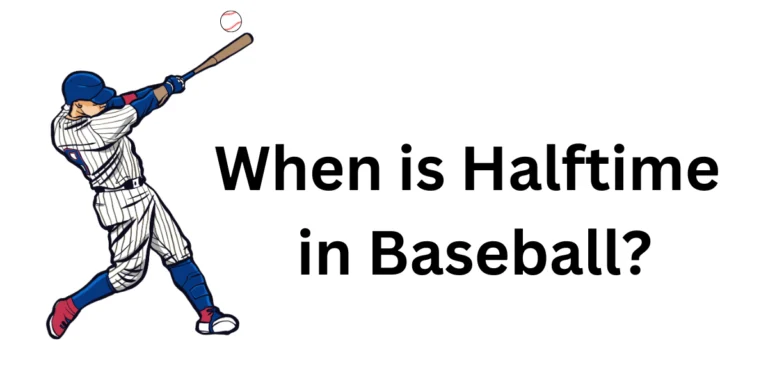
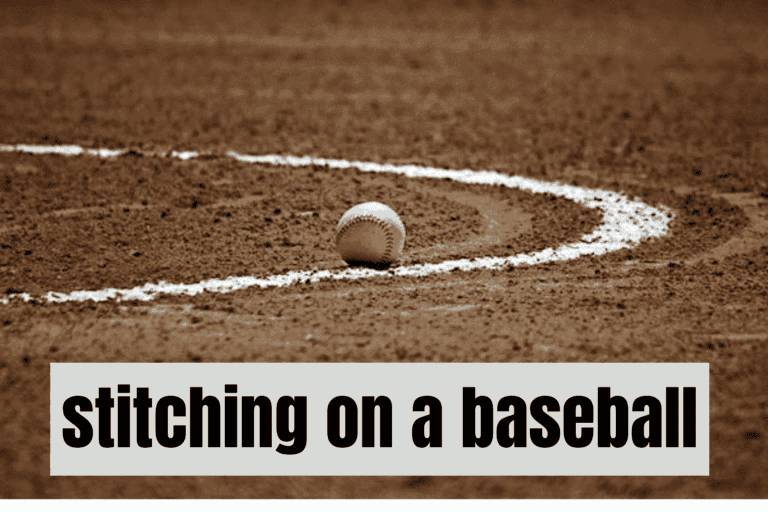
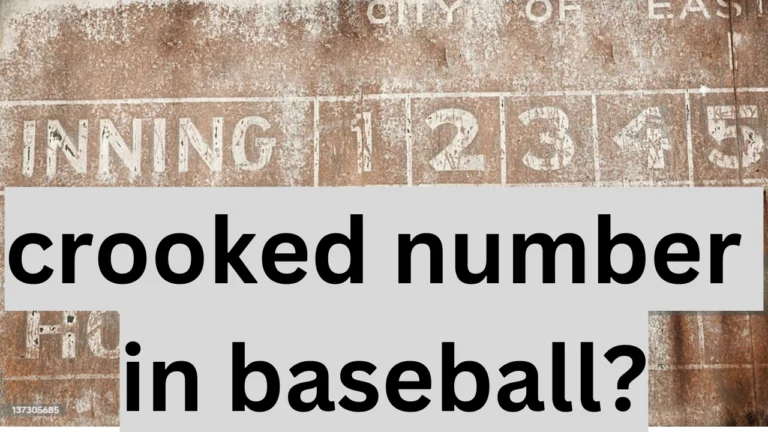
One Comment